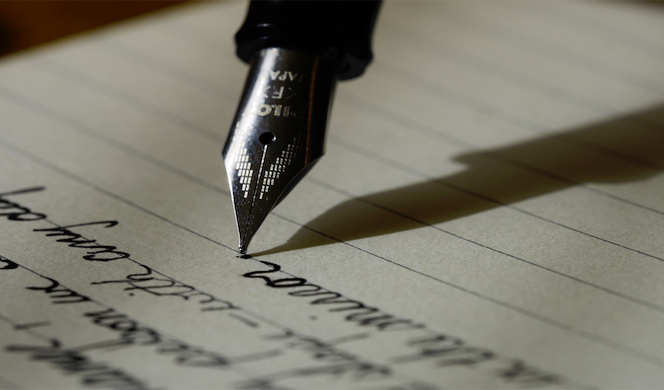When I wanted to become an author, I had to work hard reinventing myself from being an information writer to becoming a creative writer.
For most of my working life I worked in both technical services and marketing, for global multi national companies. Most of the writing I did during this time involved churning out lengthy reports and marketing brochures explaining the benefits of various products or services.
Every stage of the writing process I followed while making this transition from information writing to creative writing involved Freewriting. I was following an online Creative Writing Course by Sarah Armstrong who introduced me to this concept and provided me with the methodology to make use of it. It was the writing tool that helped me the most to develop my creative writing skill.
The guidelines she gave me were simple.
Take the first thought. The very first thought that comes into your mind. Don’t let yourself think that the second thought may be better or easier. Let your intuition speak to you. Let your pen lead the way.
Don’t stop writing. Not for a second and no crossing out. Your pen must not stop, even if you have to write, “I don’t know what to write, I cannot think of what’s next … I need to go to the toilet.”
Lose control. Forget grammar and spelling mistakes, being polite or nice. Take risks.
It’s okay to write badly. This is only your very first draft. It’s all about ideas, characters and free flowing expression. The results are going to be chaotic and messy but that’s okay. It’s simply a store of ideas – a ‘map’ for a later draft.
Use starting words like ‘I remember …’ or ‘Do you remember …’ to get inside the skin of the character. Simply write down these words and keep going with whatever comes into your head, and remember – Don’t stop! Don’t think! Just let your pen lead you where ever it wants to go.
Even if you are rewriting a story or a scene you have already done some work on, try and bring a freewriting approach to your work. You can do this by literally re-imagining an existing scene. Do this without referring to the original. See what new turns in the story emerge.
Writers who can produce fresh and interesting content are not easy to find. Those who are good at it share certain qualities that allow them to become masters of their craft and keep their intended audience informed and entertained.
Freewriting helps you maintain a flexible attitude to writing. You didn’t think about the story … it just came out!
After all it’s only raw material for your book!
